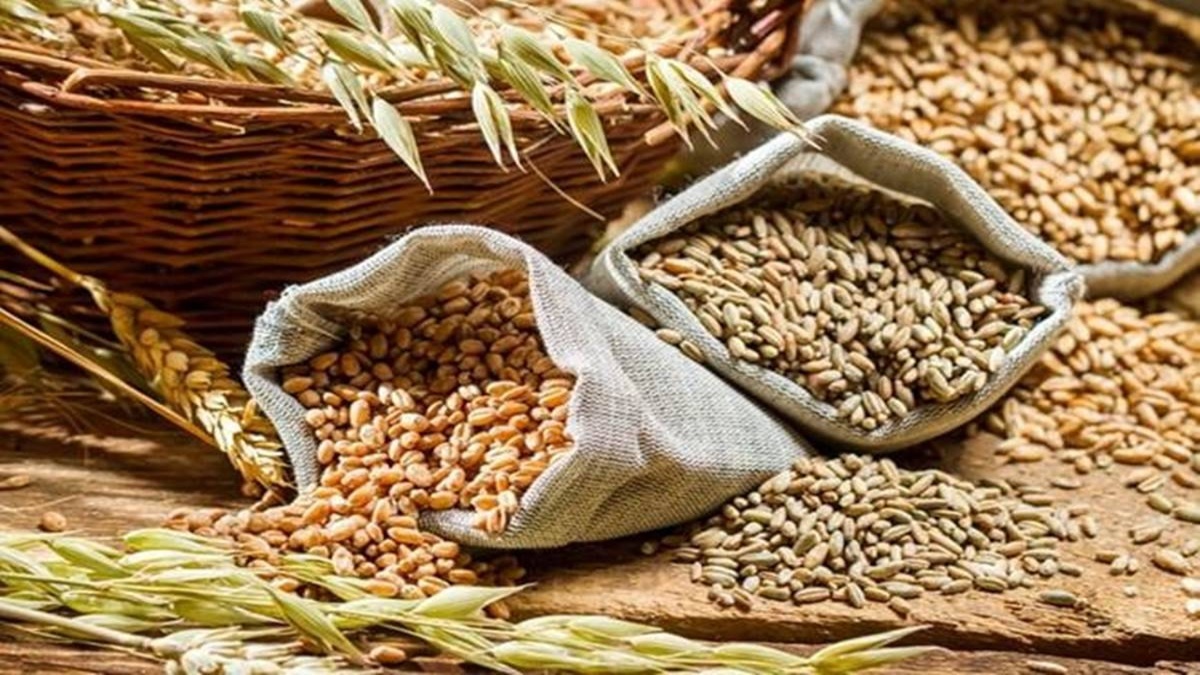The federally held cereal stocks in India, which supply subsidised grains to 800 million people, have fallen to a five-year low as extreme weather has devastated both winter-sown wheat and summer-sown rice crops, pushing retail food prices to a 22-month high.
However, total stock of the two staples, at 51.14 million tonne as of October 1, was nearly 66% higher than the mandatory buffer norm and strategic reserve stockpile of 30.77 million tonne that the government is required to maintain for this time of year, according to data from the Food Corporation of India (FCI) on Thursday.
Rice stocks are sufficient to meet domestic needs, but wheat stocks have fallen to a 14-year low, owing to the government’s inability to procure more than half of its target as farmers increasingly sold to private traders due to high export demand caused by the Ukraine war.
A prolonged heatwave in March reduced wheat output, prompting the government to impose a ban on exports in May as supplies dwindled. To increase domestic availability, the government also imposed a 20% export duty on overseas rice shipments last month and prohibited shipments of broken rice.Low state-owned cereal reserves will constrain the government’s food-management operations, causing prices to remain high.Consumer inflation in India reached a five-month high of 7.41% on an annual basis in September, up from 7% the previous month, exceeding the Reserve Bank of India’s (RBI) target of 4-6% for the ninth consecutive month, according to data released on Wednesday.
The increase in retail prices in September was driven by a broad-based increase in food prices, similar to the previous month, with cereals, pulses, vegetables, milk and milk products continuing to rise.Food inflation reached a 22-month high of 8.4% in September, complicating the government’s efforts to reduce prices thus far.
“The seasonal impact of rains on vegetable prices will now become discernible. Going forward, the unseasonal rains in different parts of country up to 700% in cereal producing states could have a significantly large impact on cereal and vegetable prices,” said Soumya Kanti Ghosh, group chief economic adviser of the State Bank of India, in a note on Thursday.
Food price increases disproportionately affect poor households because they spend a larger proportion of their monthly budget on staples such as milk, vegetables, and protein. They also put more pressure on the Reserve Bank to raise benchmark lending rates to combat inflation, which has a negative impact on growth.
Wheat stocks on October 1 stood at 22.7 million tonne, just above the three-month operational stock requirement and strategic reserve of 20.5 million tonne for this time of year.Rice stocks stood at 20.47 million tonne on October 1st, with unmilled paddy at 11.83 million tonne, down from 25.33 million tonne and 14.07 million tonne the previous year.










